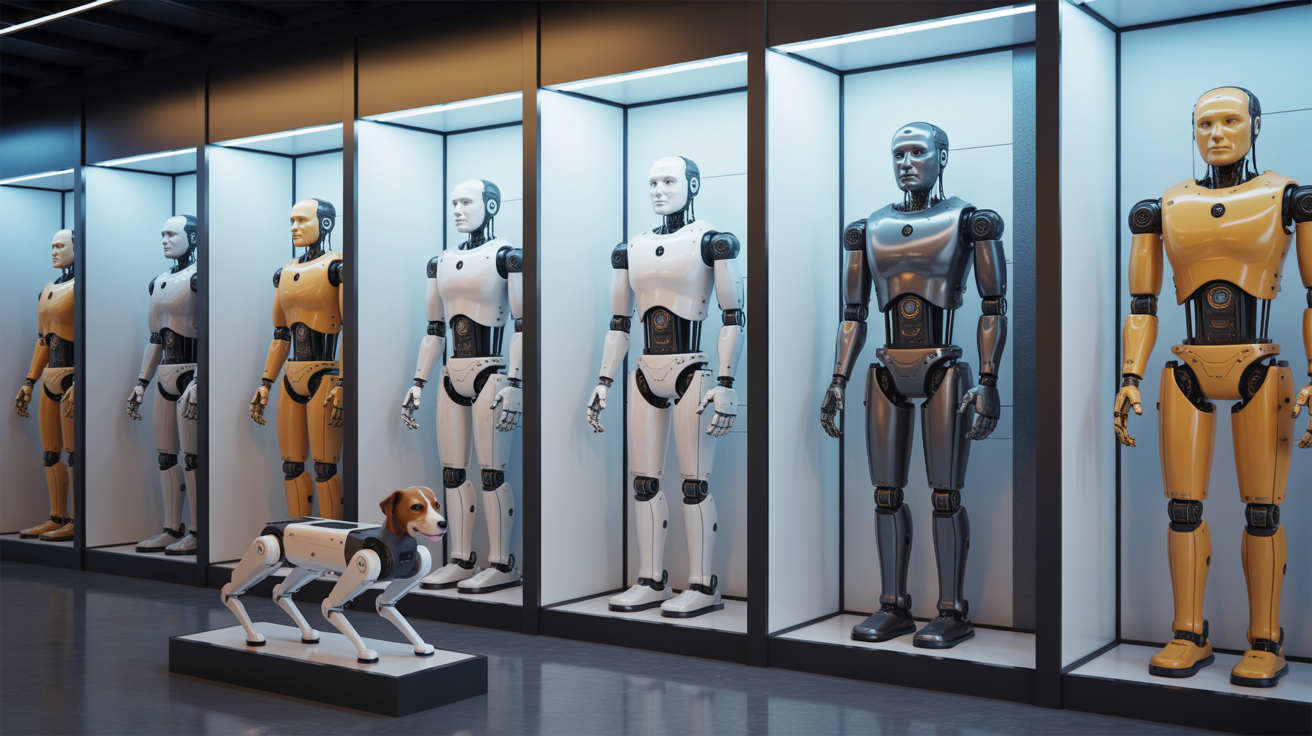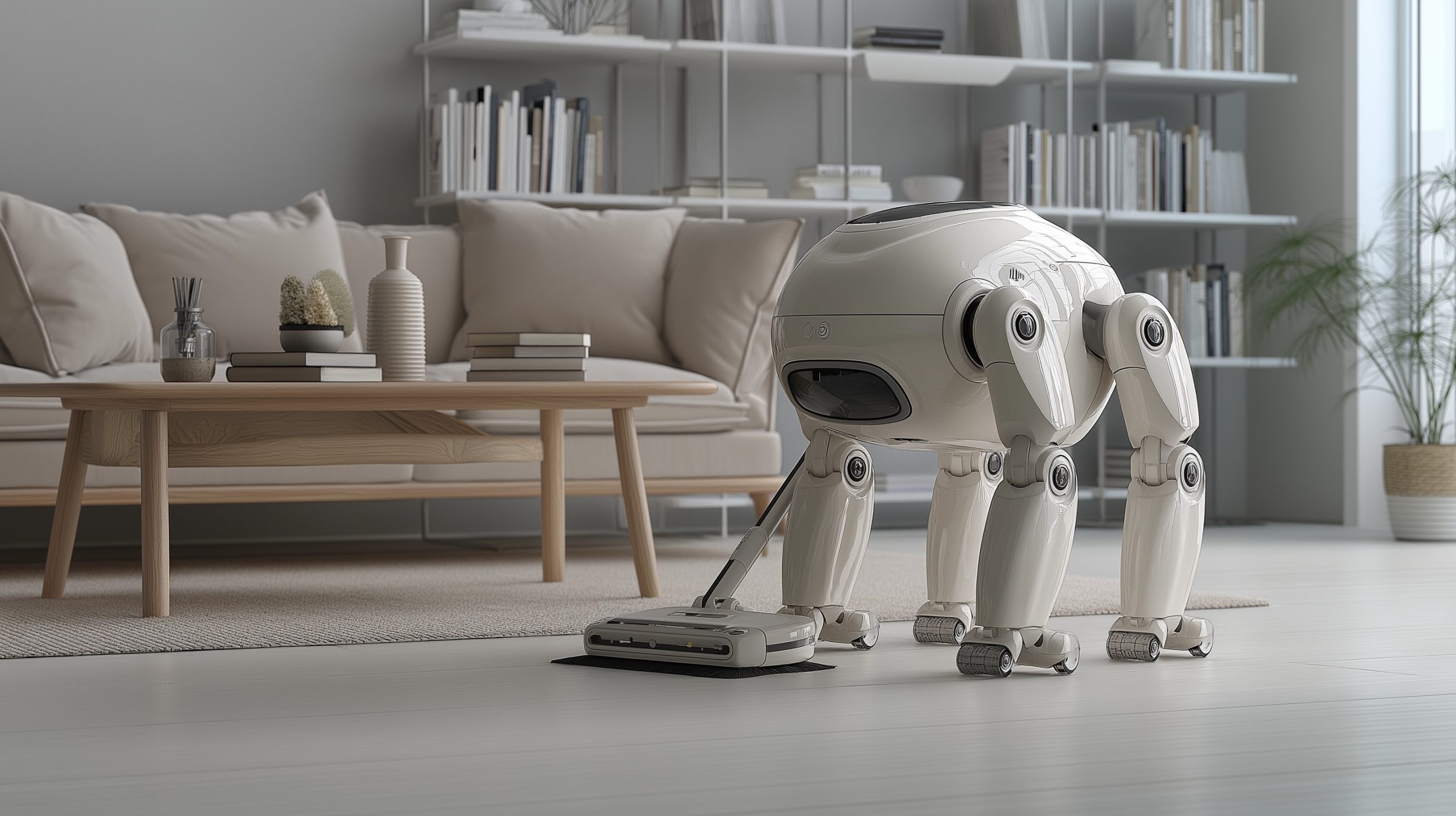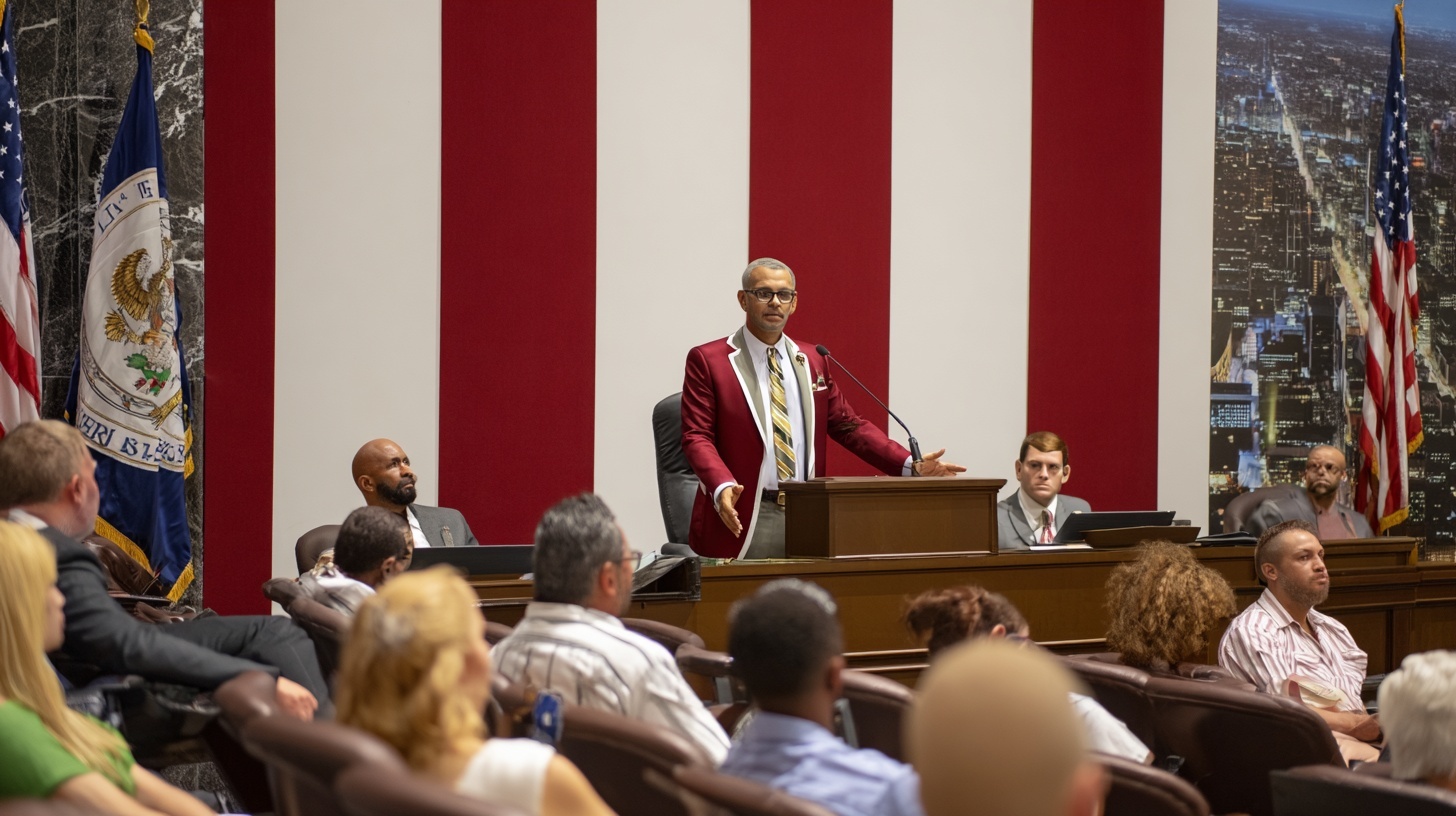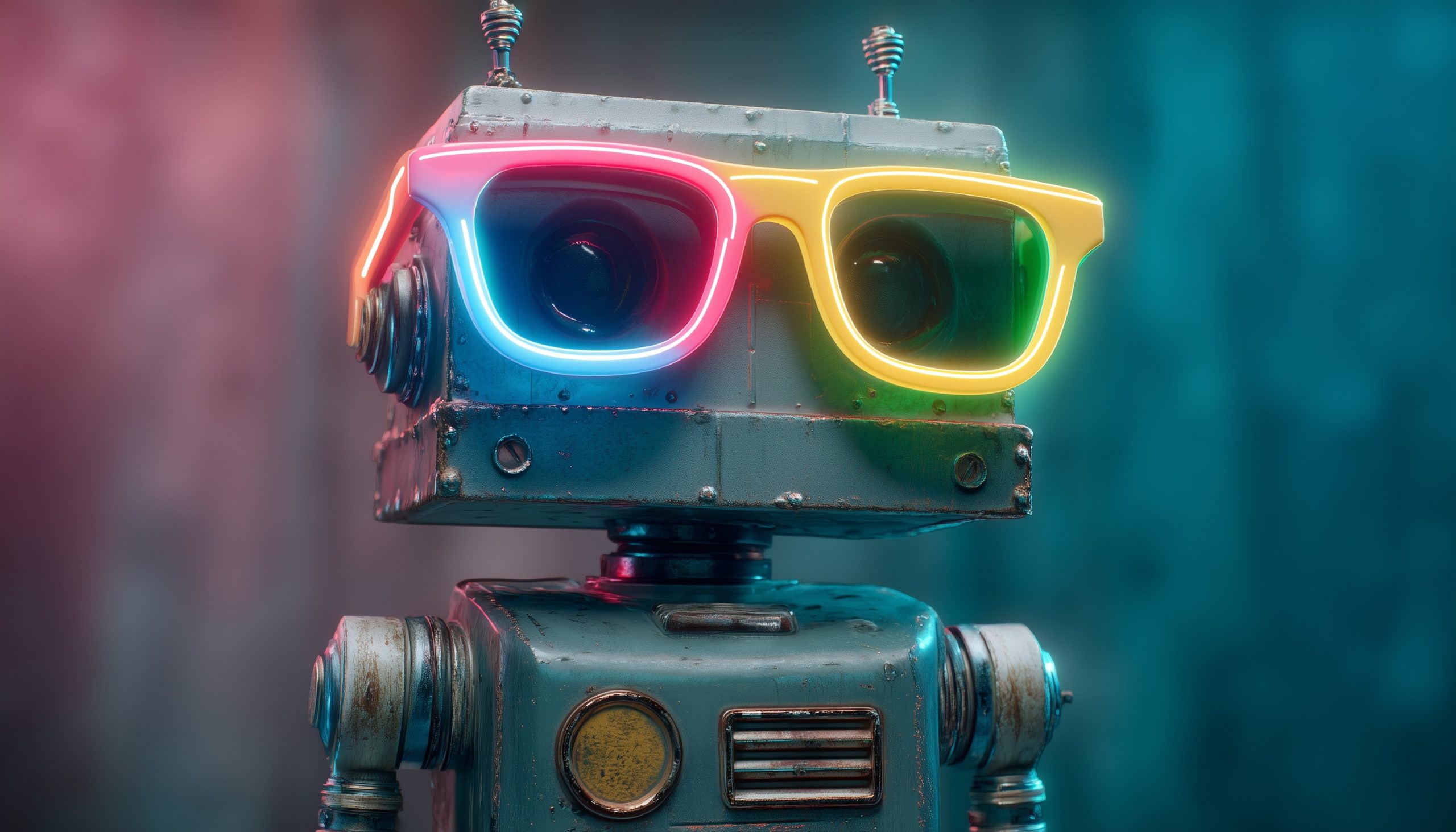By Futurist Thomas Frey
Walk into a robot store fifteen years from now, and you’ll face a bewildering choice: the left side of the showroom displays sleek humanoid robots standing at attention like a row of butlers awaiting employment. The right side showcases an array of specialized machines—some with multiple arms, others on wheels or tracks, a few that look more like articulated snakes than anything human.
But the real decision isn’t about form factor. It’s about intelligence. And that’s where the price tags get interesting.
Continue reading… “Inside the Robot Store of 2035: Shopping for Intelligence”












